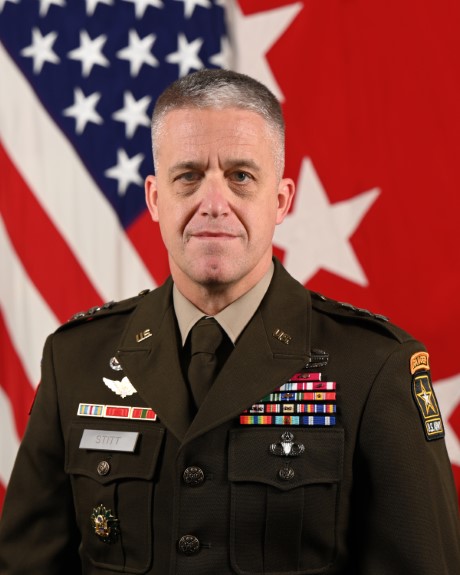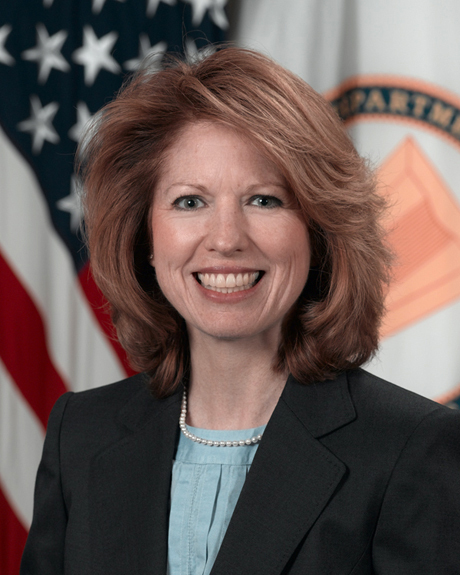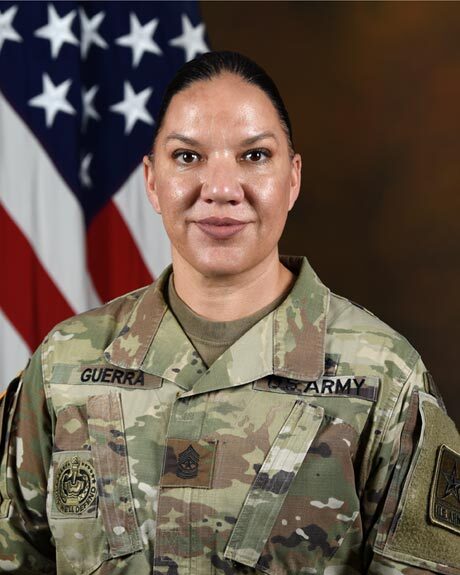People are the Army’s greatest strength and most valuable asset.

The Army is taking on issues and harmful behaviors that tear at the fabric of our force, including sexual assault, sexual harassment, suicide, discrimination and extremism. We are developing strategies and implementing programs to build diverse, adaptive and cohesive teams that sustain readiness.
- The Army People Strategy focuses on how we take care of our people and manage their unique talents.
- As part of the planned redesign of the Sexual Harassment/Assault Response and Prevention (SHARP) program, the Army launched a one-year pilot establishing a fusion directorate designed to care for, protect and empower survivors.
- We’ve launched Project Inclusion, our effort to ensure that all our people know they are valued members of the team.
- “This is My Squad” aims to develop leaders who build cohesive teams that are highly trained, disciplined and mentally/physically fit.
- The People First Task Force is developing a plan to address the Fort Hood Independent Review Committee’s recommendations for combating sexual harassment, sexual assault, violent crimes and other intolerable behaviors that exist in our ranks.
- We’ve issued guidance regarding missing Soldiers to clarify expectations and responsibilities of unit commanders and Army law enforcement authorities when accounting for Soldiers who are absent from place of duty.
- The Cohesion Assessment Team (CAT) brings subject-matter expertise to assess unit trust and cohesion, and the effectiveness of unit sexual harassment/sexual assault prevention and response.
- The Army directed a CID restructure that will increase the ratio of civilian to military investigators in order to increase the experience level and provide better continuity on installations.
Our Soldiers, Civilians and their Families deserve to work and live in safe, healthy environments where everyone is treated with dignity and respect. People First is our top priority.
I believe when we take care of our people and treat each other with dignity and respect we will have a much stronger and more committed Army.
Army Chief of Staff Gen. James C. McConville
People First Initiatives
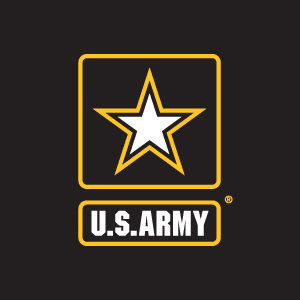
Implementing the Recommendations of the Fort Hood Report
The challenges at Fort Hood and the findings of the Fort Hood Independent Review Committee forced us to take a critical look at our systems, our policies and ourselves. The Army is taking action to address each of the 70 recommendations set forth by the committee, which examined the command climate and culture at Fort Hood and the surrounding military community to determine whether they reflect the Army’s commitment to safety, respect, inclusiveness, diversity and freedom from sexual assault and sexual harassment.
LEARN MORE:

Preventing Sexual Assault and Sexual Harassment
The Army is redesigning the SHARP program. We’re committed to preventing sexual harassment and assault, because we know this unacceptable and intolerable behavior erodes unit cohesion, hurts our Soldiers, Civilians and Families and negatively impacts our mission to serve and protect America.
LEARN MORE:
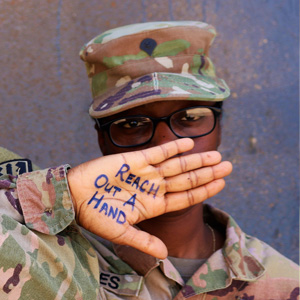
Suicide Prevention
Suicide is a national public health problem from which the Army is not immune; we continue to lose too many Soldiers to suicide. We are committed to understanding, identifying and providing services and support to vulnerable individuals.

Ending Discrimination and Extremism
Discrimination, hate and harassment in the ranks corrode the Army’s ability to build cohesive teams and break trust with the Army’s number one priority, its people. There is no place for extremism in the military and Soldiers who choose to engage in such acts will be held accountable for their actions.
We are striving to create an Army-wide culture of dignity, trust and respect. To do that, we must accept the experiences, cultures, characteristics and backgrounds of each Soldier, family member and Army civilian. We all deserve the opportunity to excel as far as our character, talents and determination to succeed can take us.
“We must also eliminate harmful behaviors that undermine readiness. There is no place in our Army for sexual harassment and assault, domestic violence, extremism or racism.” - Christine E. Wormuth, Secretary of the Army
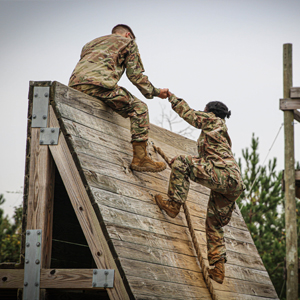
Project Inclusion
The strength of the Army comes from its diversity. Developing and maintaining qualified and demographically diverse leadership is critical for mission effectiveness and is essential to national security. Project Inclusion is the U.S. Army’s new initiative to improve diversity, equity and inclusion across the force and build cohesive teams.
LEARN MORE:
STAND-TO! Editions:
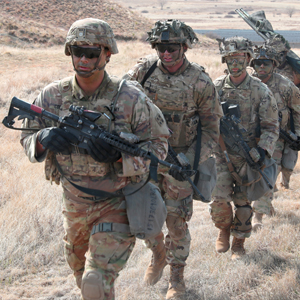
This is My Squad
“This is My Squad” aims to develop engaged leaders who build cohesive teams that are highly trained, disciplined and mentally/physically fit. Our Army’s success depends on junior leaders taking ownership of their small teams and defining what success in that team looks like - then members of that team holding each other accountable to those standards.
One way the Army is supporting that is through the Squad Leader Development Course, which aims to advance TIMS by giving squad leaders the opportunity to critically reflect on their leadership style and learn to employ evidence-based leadership skills.

Talent Management
The Army is developing a new Talent Management system to acquire, develop, employ and retain the right talent for the future. By better understanding the talent of our workforce and the talent needed for unit requirements, the Army can deliver the right officer, to the right assignment, at the right time, over time.
LEARN MORE:
STAND-TO! Editions:
- Army Talent Alignment Process
- Brevet Promotion Program
- Army Coaching Program
- Graduate Record Exam during Captains Career Course
- Direct Appointment of a Noncommissioned Officer to Chief Warrant Officer 2
- Colonels Command Assessment Program
- Battalion Commander Assessment Program
- Sergeant Major Assessment Program

Quality of Life
Quality of life programs promote the health and well-being of the Army, increase recruiting and retention and reduce overall stress and uncertainty. Increased quality of life for Soldiers, Army Civilians and Families is directly tied to increased Army readiness.
- Housing: Ensuring Soldiers and Families have safe, quality on-post housing and barracks.
- Healthcare: Creating an integrated, efficient and effective healthcare system.
- Child Care: Providing accessible, affordable child care programs.
- Spouse Employment: Helping military spouses find meaningful employment and careers by maximizing hiring authorities and bolstering existing partnerships.
- PCS Moves: Improving and streamlining relocation policies and initiatives for Soldiers and their Families.
People First Task Force
The People First Task Force is adapting our policies, processes and programs to build diverse, adaptive and cohesive teams that sustain Army readiness.
The Fort Hood Independent Review Committee found a deficient climate at Fort Hood, including ineffective implementation of the SHARP program that resulted in significant underreporting of sexual assault and sexual harassment cases, particularly within the enlisted ranks.
While the Fort Hood Independent Review Committee report focused on the command climate and culture at Fort Hood, the findings impact the entire Army and more than 1 million Soldiers.
The People First Task Force is analyzing the report’s recommendations and developing a plan of action to tackle the harmful behaviors that tear at the fabric of our force.
The most important thing that we do as leaders every single day is set the culture, climate and tone of our organizations, so America’s sons and daughters come inside of our formations … and know that they are safe.
Sgt. Maj. Julie A.M. Guerra, Deputy Chief of Staff, G-2 Sergeant Major
People First Solarium
Solarium 2021 brought together 100 junior enlisted and officers from across the Total Army - active, reserve and guard - at the U.S. Military Academy to share their unique perspectives through open discussions that included senior leaders. Solarium participants examined Army culture and the behaviors that negatively impact cohesion and trust.
The insights of these emerging leaders will assist the Army in adapting our policies, processes and programs to build diverse, adaptive and cohesive teams that sustain readiness.
The original Project Solarium, led by President Dwight D. Eisenhower in 1953, laid the foundation for a Cold War policy that lasted for decades. In 2014 and 2015, captains from across the Army participated in solariums examining talent management, vision and branding, culture, training, education and mission command.
Shaping the future: Junior Soldiers address harmful behaviors during solarium
LATEST NEWS
News Loading...

